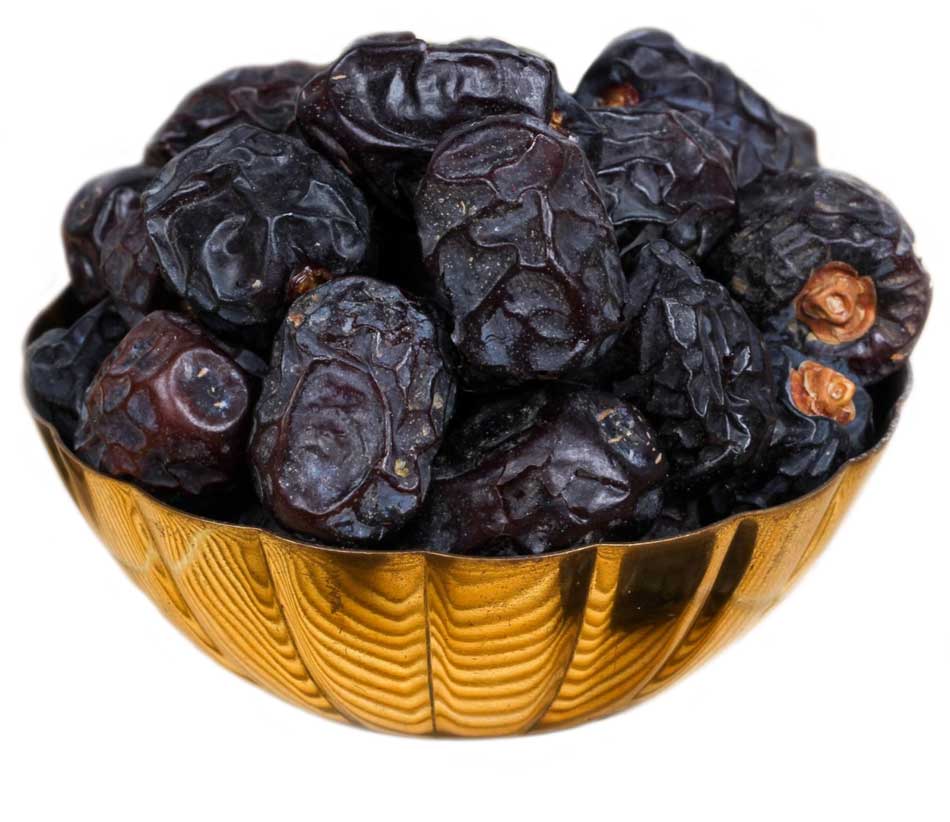
The Economic Impact of the Dates Industry in Malaysia
The Dates Industry: A Driving Force in Malaysia’s Economy
The dates industry in Malaysia plays a crucial role in the country’s economy, contributing to various economic factors such as production, exports, employment generation, and tourism. In this blog post, we will delve into the significant impact of the dates industry on Malaysia’s economy, highlighting its various contributions and economic indicators.
1. Production and Cultivation
Key Dates-Producing Regions
Malaysia boasts several regions that are well-suited for dates cultivation, including Perlis, Kedah, and Johor. These regions have favorable climatic conditions and soil quality, making them ideal for date palm cultivation. The production of dates in Malaysia not only caters to domestic consumption but also contributes to the export market.
Employment Generation
The dates industry creates employment opportunities across various stages of production, including cultivation, harvesting, processing, packaging, and distribution. These employment opportunities benefit both rural and urban communities, providing income sources and contributing to livelihoods.
2. Export Opportunities
International Market Presence
Malaysian dates have gained recognition in the international market, contributing to export earnings. The dates industry in Malaysia leverages its production capabilities to tap into global markets, exporting dates to countries such as the United States, Singapore, the United Kingdom, and the Middle East.
Economic Value from Exports
The export of Malaysian dates adds value to the country’s economy. It helps generate foreign exchange earnings, contributing to the balance of trade. The revenue generated from export activities supports economic growth, infrastructure development, and various socio-economic initiatives within Malaysia.
3. Employment and Income Generation
Rural Development
The dates industry plays a significant role in rural development, particularly in areas where date palm cultivation is prevalent. The industry provides employment opportunities for local communities, reducing rural-urban migration and promoting sustainable development.
Income Source for Farmers
Dates cultivation serves as a source of income for small-scale farmers and agricultural communities. The sale of dates and related products not only provides a livelihood for farmers but also contributes to their economic stability and social well-being.
4. Tourism and Cultural Importance
Attraction for Tourists
The dates industry in Malaysia holds cultural and historical significance, attracting tourists who are interested in exploring local traditions and experiencing the country’s agricultural heritage. Date farms and plantations offer unique tourism experiences, allowing visitors to witness the cultivation process, taste fresh dates, and learn about traditional practices.
Promotion of Local Cuisine
Dates are an integral part of Malaysian cuisine, and the dates industry plays a vital role in promoting local culinary traditions. Dates festivals, food events, and culinary tours centered around dates contribute to the tourism sector, showcasing the diverse flavors and uses of dates in Malaysian gastronomy.
Conclusion
The dates industry in Malaysia is a significant contributor to the country’s economy. Through production, export opportunities, employment generation, and cultural significance, the industry plays a vital role in supporting economic growth, rural development, and the promotion of local traditions. The success of the dates industry highlights Malaysia’s agricultural capabilities and its ability to leverage natural resources for economic prosperity.
Key Highlights
– The dates industry in Malaysia contributes to various economic factors, including production, exports, employment, and tourism.
– Malaysia’s favorable climatic conditions support dates cultivation in regions such as Perlis, Kedah, and Johor.
– Employment opportunities across various stages of production benefit both rural and urban communities.
– Malaysian dates are exported to countries worldwide, contributing to foreign exchange earnings.
– The industry promotes rural development, providing income sources for farmers and reducing rural-urban migration.
– The dates industry attracts tourists, contributing to the tourism sector and showcasing local culinary traditions.
Its contributions are instrumental in driving economic growth, supporting communities, and promoting Malaysia’s rich agricultural legacy.